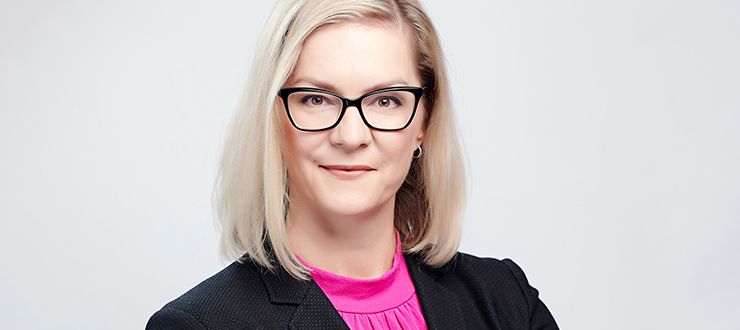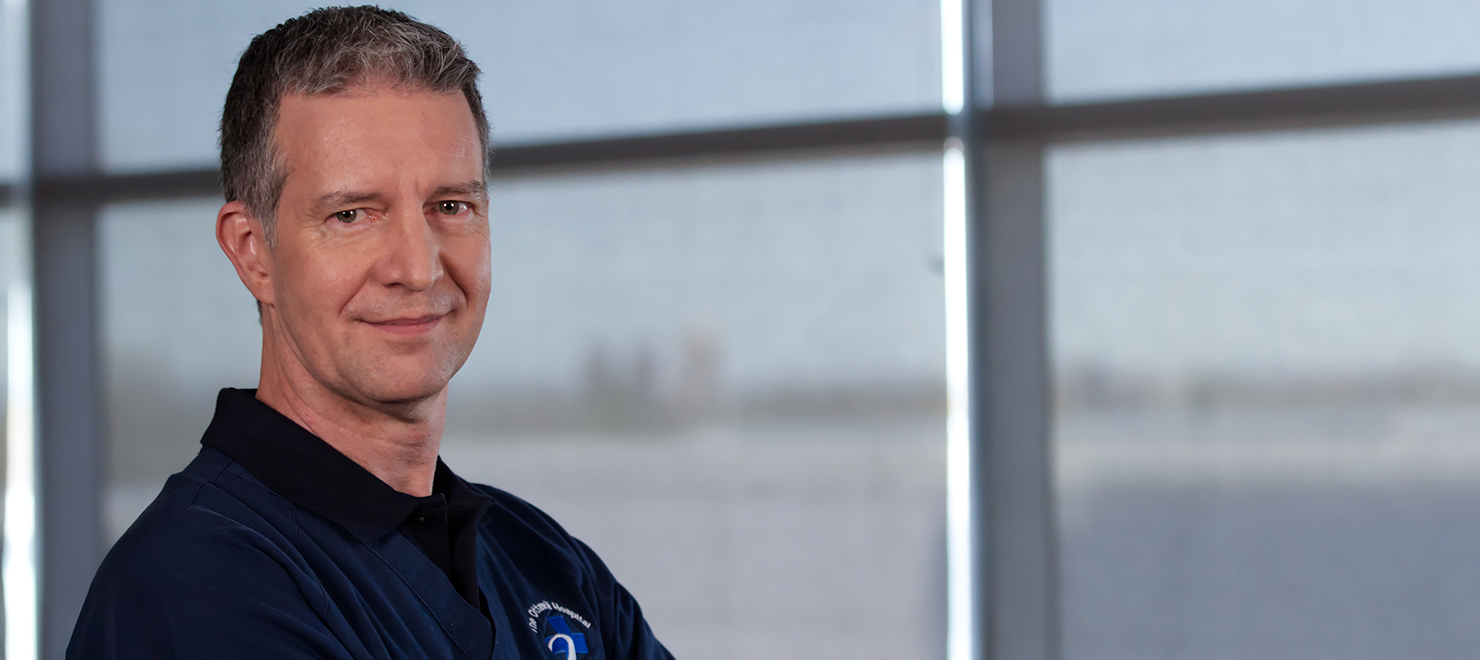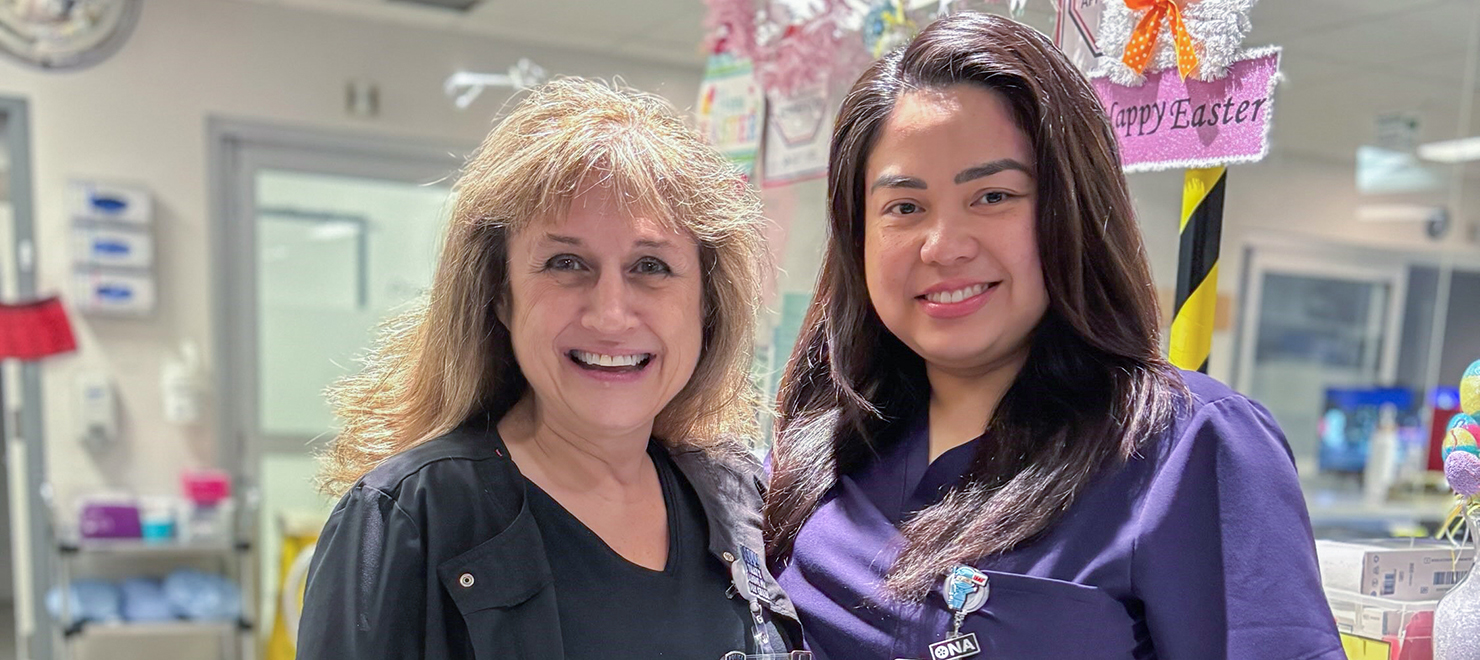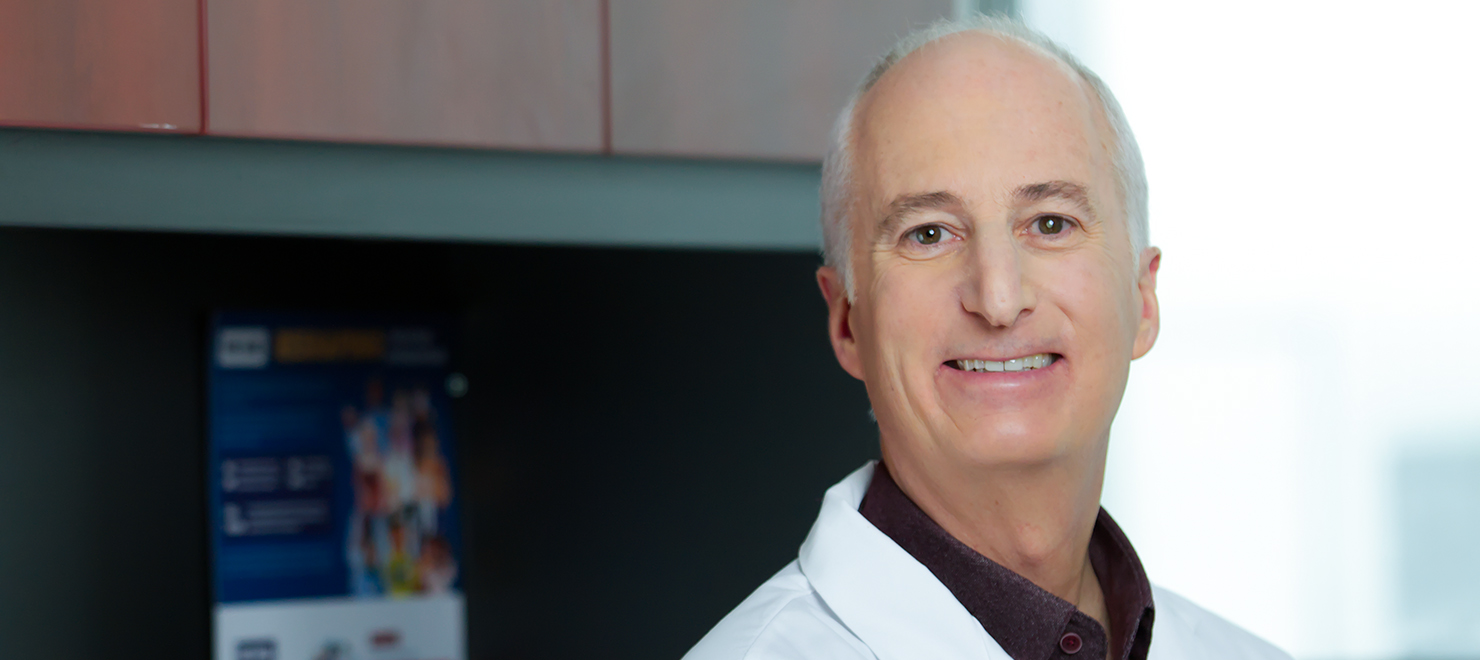
Dr. Lisa Calder, emergency physician, researcher and educator became the CEO of the CMPA on August 31, 2020
Dr. Lisa Calder, emergency physician, researcher and educator talks about her new appointment as the CEO of the Canadian Medical Protective Association (CMPA), how her experience at The Ottawa Hospital prepared her, and what challenges and opportunities she sees in the health-care system.
How has your time at The Ottawa Hospital helped prepare you for your new role at the CMPA?
When I think about my experience at The Ottawa Hospital, I think about how I was able to develop my leadership skills as a physician, as a researcher and as an educator.
As an emergency physician, we work with teams all the time, and what’s unique about that work is you get to lead different teams. You have to develop a skillset of being able to rapidly assess a team’s strengths, and what is working really well, and recognize where you need to shore up and provide support. I was exposed to lots of different team compositions—lots of different personalities—and it has really helped me grow as a leader. I learned how to be situationally aware as a leader and support the team, and encourage them to speak up. Those are all the things that really informed my abilities as a leader, and I really appreciate that.
As a researcher, I learned to ask the right questions and use data to inform decisions, to be critical of information and not take it at face value, but also, to learn what it means to be collaborative. I led a research program for ten years, and that required a lot of collaboration and engaging the stakeholders. I learned a lot about what collaborative leadership looks like through that work.
I was also very active as an educator when I was working at The Ottawa Hospital, and I had the real privilege to teach a lot of medical students and residents, not only on shift, but through Academic Half-Day and Grand Rounds. So I developed some really key communication skills in terms of translating knowledge and making it understandable to different kinds of clinicians, including specialists. That kind of work really helps me think about how the CMPA will be effective at communicating with our physician members. We have more than 100,000 physician members across Canada, so being attuned to that I think will be really helpful.
And the last thing I wanted to mention about my experience at The Ottawa Hospital was that I sat on its female physician leadership committee for a number of years. That was a really great opportunity for me to see female physicians model leadership, and in particular, model different types of leadership. It was really eye-opening for me to see what the possibilities could be, participate in the discussions around that table and understand the key ingredients to encourage female physicians to take on positions of leadership.
What do you hope to bring forward in your new position as CEO of the CMPA?
The world has changed so significantly with COVID-19. One thing the CMPA has demonstrated is our agility and our responsiveness to support physicians who are practicing in really challenging environments. And I think what I’m looking forward to bringing to the CMPA is really modernizing the organization to make sure that we continue to be proactive. I think sometimes we have been perceived as only a reactive organization, as in ‘I will call the CMPA only if I get in trouble.’
We actually do a ton of work around enhancing patient safety and quality care, providing physicians with the tools they need to work with their teams to achieve those goals. We have good, recent data to show that if you improve patient safety and quality of care, you reduce medical-legal risk. So it fully makes sense for us to get behind that mission. I see us being proactive and supporting our physicians to do their really challenging work. We have the expertise to do this, we have the ability to really listen to what physicians need, and we will be there and help them navigate some of these challenges.
Especially in these times, I imagine things get very complicated very quickly
Health care was already changing really quickly, and the pandemic has forced a lot of changes that were slowly coming along. The biggest example is virtual care, which has exploded by necessity through the pandemic. There are some definite good aspects to that in terms of access to care for patients and dealing with waitlists, but there are a lot of challenges too. CMPA sees its role in helping guide physicians in terms of doing that safely. We can help them optimize patient care and also reduce their chance of having complaints. We see ourselves really working in that space.
What’s the biggest misconception you would like to clear up about the CMPA and their role?
I think that sometimes the CMPA is viewed as a historic organization that defends physicians at all costs, and that is not the truth. We really go through such a careful process of assisting our physicians and assembling the facts. If a case is not defensible, we will quickly settle that case, and we will ensure that patients get the compensation that they need.
As such a physician-based organization, people don’t recognize that we’re an essential part of the health-care system. And I think sometimes that’s overlooked.
How would you describe the culture of quality and safety at The Ottawa Hospital?
One of the things I really loved about working at The Ottawa Hospital was that quality and safety were clearly at the forefront. I really think that Dr. Jack Kitts and the administration were ahead of their time in terms of how they made quality and safety central value, and I think that is where we need to continue to go for many hospitals across the country. I was glad to be able to help contribute to some of that quality and safety work, and felt supported to do so. I know that other hospitals look to The Ottawa Hospital as a leader and an example for that. I hope that focus continues, especially as Cameron Love takes on his leadership as the hospital’s new CEO.
What do you think is one or two of the biggest issues with respect to patient safety in health care?
The mission of the CMPA is to protect the professional integrity of physicians and to enhance the safety of medical care. So we’re definitely in the business of patient safety. For me, I think, technology is a big part of the future of health care. The technology applications in health care are exploding; it’s an exciting time. One of our challenges is to make sure we are able to appropriately test, evaluate and make technology safe so that when we implement it, we know that it’s adding quality instead of creating harm. As technology continues to advance and we look at how we adapt and implement it in health care, I think we need to be smarter about looking at it in terms of patient safety. How do we mitigate potential harm as we implement and adopt this technology? I think that will be huge.
The second thing, which breaks my heart a little bit, is seeing more fragmentation when it comes to the patient experience. I think we have lost that main compass that should drive us, which is “what is the patient experiencing as they come through our health-care system?” We talk a lot about the patient experience and how it is linked to quality of care and safety, and as much as I hear that we speak about the importance of it, I’m not seeing it in how we are designing our systems. For example, if you look at the elderly population, we have multiple specialists managing their care. Who is quarterbacking that?
And what does primary care look like now? How do we facilitate the ability for family physicians to truly work holistically for patients and their families? I think we are making that harder for family physicians rather than easier. We talk about wanting to have more community-based care and keeping patients in their homes, but it really needs to be more holistically designed and support more continuity rather than more fragmentation. So that will be a huge challenge for us in the future.
What excites you about the future of health care?
Some parts of Canada are organizing health care in terms of regions, which is actually facilitating some of the quality improvement and patient safety work. So, for example, in Alberta, BC and Saskatchewan, they have been able to make some advances in quality and safety because of the way they have organized their health-care systems regionally. It’s not perfect; there are definitely some challenges with it still, but I think to me that shows that we need to think about this regionally rather than fragmenting it within different sectors.
Dr. Calder assumed her position as CEO of the CMPA on August 31, 2020.

Support patient care and research at
The Ottawa Hospital
You might also like…
Aging well: Guidance for older adults
In this special video series for both older adults and their loved ones, geriatric care specialists from The Ottawa Hospital offer guidance on navigating common health-care challenges that may arise with aging.
How to stay safe around water this summer
Drowning can happen to anyone — even strong swimmers. Emergency physician Dr. Christian Vaillancourt debunks common myths about drowning, explains how to act quickly to save a life, and shares what you can do to keep yourself and your loved ones safe around water.
What’s the difference between an optician, optometrist, orthoptist and ophthalmologist?
“Do I need to see an optician, optometrist, orthoptist or ophthalmologist?” We asked Ophthalmologist Dr. Annick Fournier to break down each role so you will know who to consult for your specific eye care needs.
Novice nurses and their mentors learn and grow together
Discover how mentorships at The Ottawa Hospital facilitate a smoother transition into practice for novice nurses, allow experienced nurses to hone their leadership skills, and play a crucial role in retaining nurses from both generations.
Respirologist answers FAQs about cystic fibrosis
Cystic fibrosis (CF) is the most common genetic disease affecting children and young adults in Canada. Respirologist Dr. Shawn Aaron provides an overview of CF, including causes, symptoms, and the remarkable improvements made in life expectancy over the years.
5 things to know if you or someone you love is dealing with infertility
Around the world, one in six couples struggle to make their dreams of parenthood a reality. Dr. Jenna Gale, a specialist in reproductive endocrinology and infertility, shares advice to help you or a loved one on the fertility journey.


 To reset, hold the Ctrl key, then press 0.
To reset, hold the Ctrl key, then press 0.





